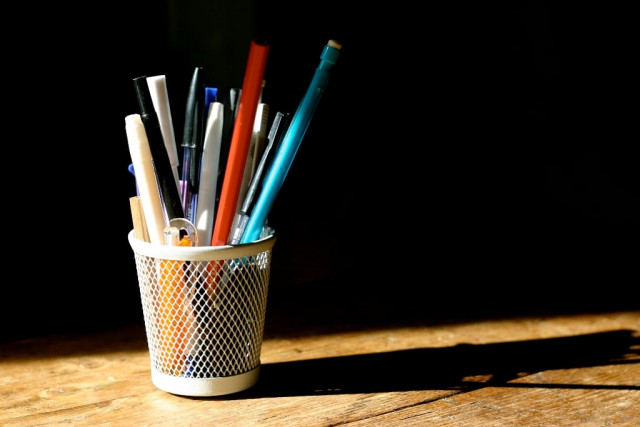‘Education budget should be increased’
Assembly attended by ministers, govt officials, politicians, civil society members, celebrities and media persons.

Assembly attended by ministers, govt officials, politicians, civil society members, celebrities and media persons. PHOTO: FILE
Oxfam Pakistan and its partners, We Can and South Asian Partnership-Pakistan, organised the annual children assembly to address fundamental issues concerning education at Aiwan-i-Iqbal on Thursday.
The assembly was attended by ministers, government officials, politicians, civil society members, celebrities and media persons.
Speaking on the occasion, Education Minister Rana Mashhood said the provincial government was taking innovative initiatives to promote education. “The Right to Education bill will be presented in the Punjab Assembly in the next session. At the federal level National Curriculum Commission has been formed to make a uniform curriculum so that quality education can be provided throughout the country,” he said.
Oxfam Country Director Arif Jabbar Khan said visible inequality in the educational system had further increased inequalities in the economic and social sectors. He said revolutionary changes were needed in the education system.
The children assembly formed four committees which passed the resolutions that the government must adopt a policy to improve the curriculum which promoted unity, interfaith harmony, cooperation, inclusiveness for all children, promoting higher education, upgrading of primary schools to secondary level and improving the infrastructure of schools.
The assembly said the government must ensure timely disbursement of funds, should ensure effective use of budget, should undertake comprehensive annual school planning and must take effective measures to increase enrolment and control dropout.
In addition, the assembly agreed that education should be prioritized in budgetary allocation and financing should be increased from 2 per cent to 7 per cent.
The assembly said that the government should formulate a strategy for better distribution of resources on the basis of skills. It said the government should play an important role to create an effective alliance between government and private schools and second shift in all schools should be set for girl’s education only. It said Pakistan has 12.9 million out of school children, ranking second in the world after Nigeria. 50 per cent of school children (aged 6-16 years) in Pakistan can neither read nor write. The assembly provides a platform to more than 200 children from public schools from over 36 districts across the country to be modelled as change makers by advocating constitutionally recognised Right to Education and engaging with policy makers as well as wider civil society.
Published in The Express Tribune, February 21st, 2014.



















COMMENTS
Comments are moderated and generally will be posted if they are on-topic and not abusive.
For more information, please see our Comments FAQ